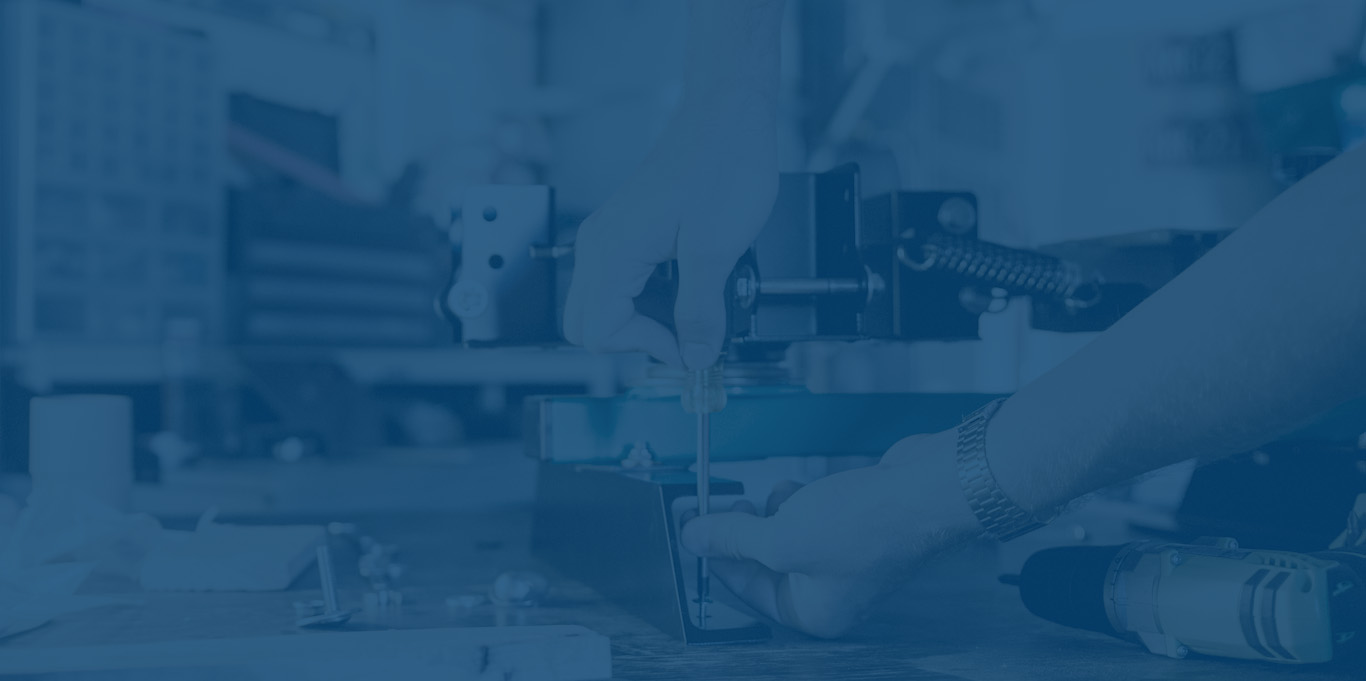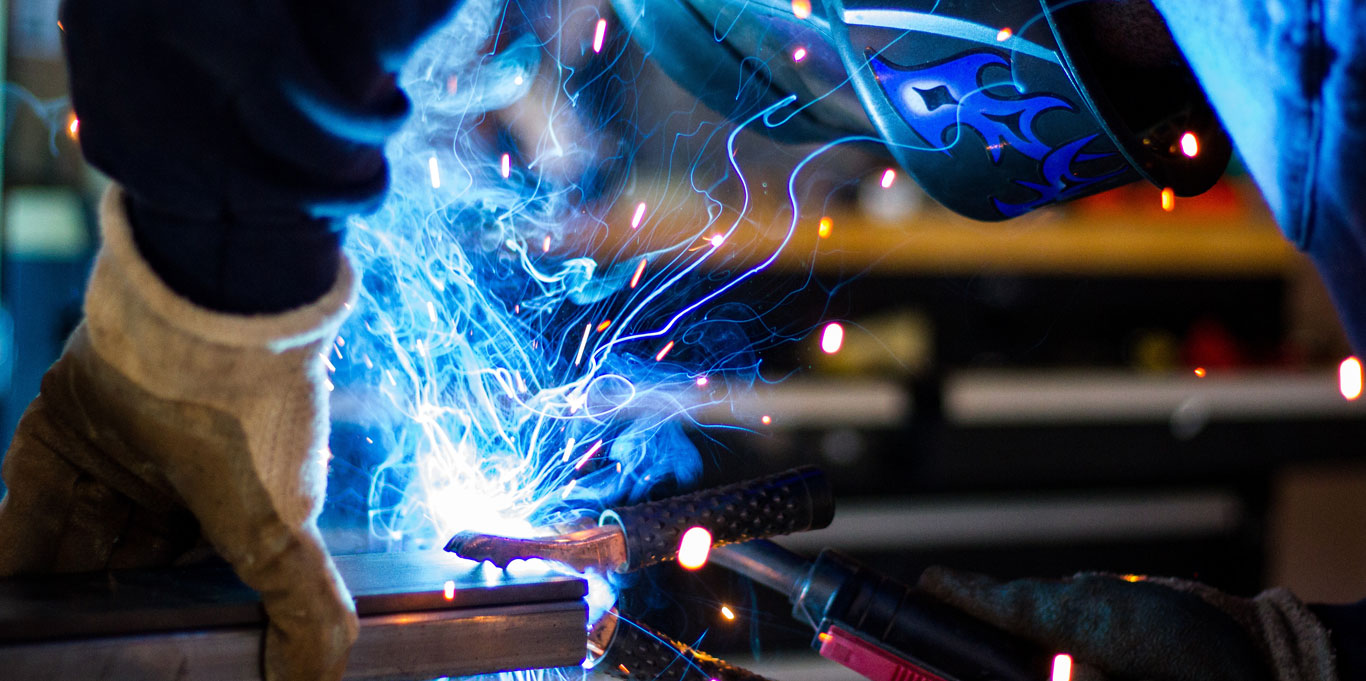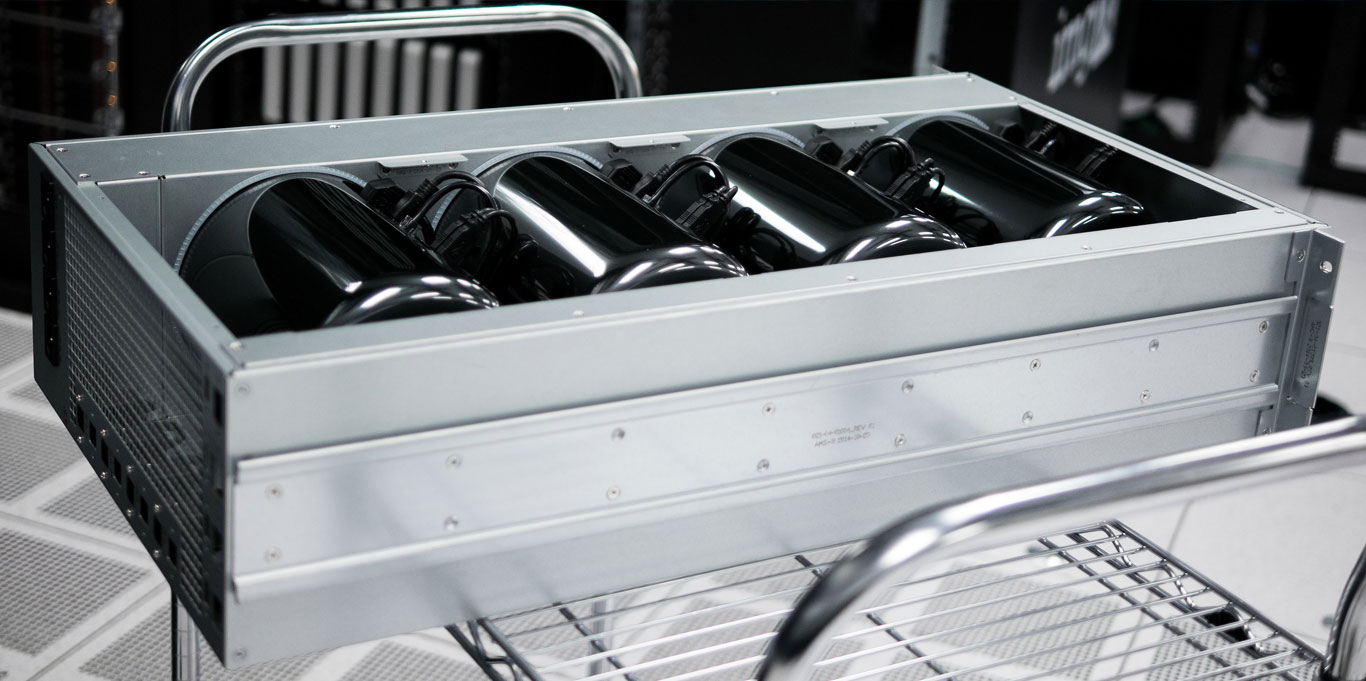
Intellectual Property in Commercial Settings
Patents: Exceptions to the general rules
Unlike the copyright law, the Australian Patent Act does not make express provision for patentable inventions created by an employee. However, the Australian courts have dealt with the situation in various cases and have clarified that any patentable invention made during the course of employment is most likely owned by the employer, if
- The invention is made in the course of employment and as part of the employee’s (inventor’s) job; or
- The invention is relevant to the employer’s business and the employee (inventor) used the employer’s time and resources to make the invention.
This rule would not apply if
- There is a written contract to the contrary; or
- The employee’s job is of a physical nature rather than an intellectual one.
Therefore, in the case of patents it is important to examine all relevant circumstances when determining the question of ownership of an invention in an employer – employee setting.



